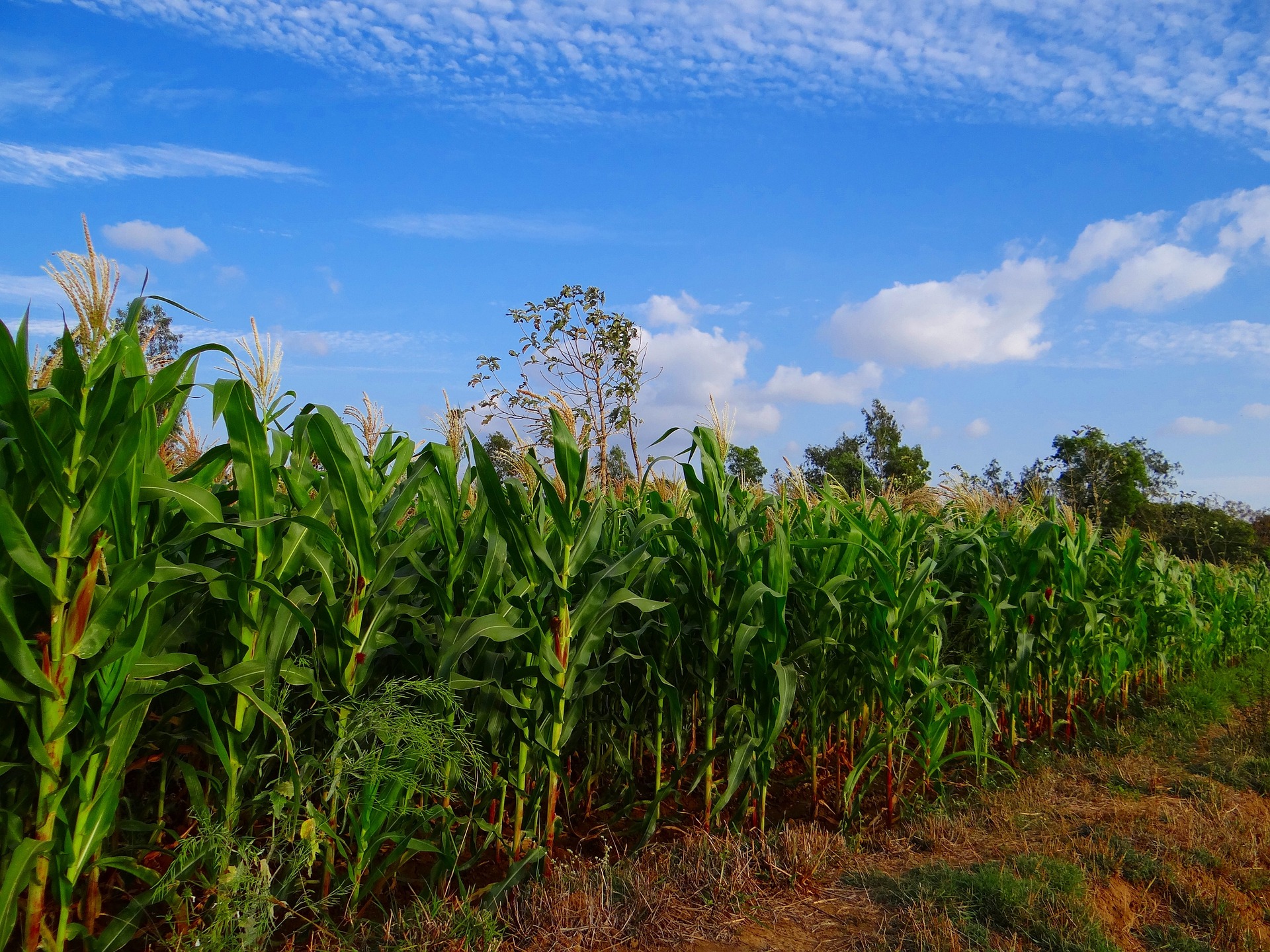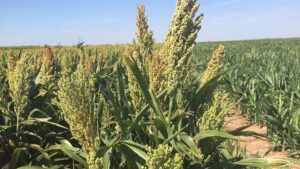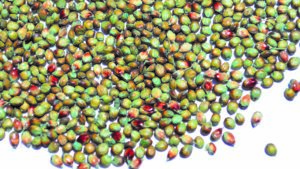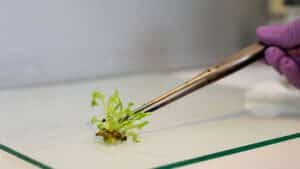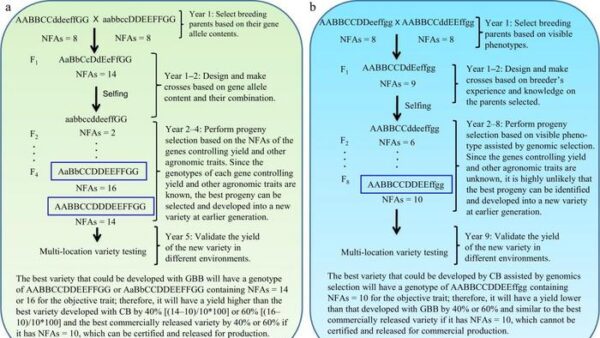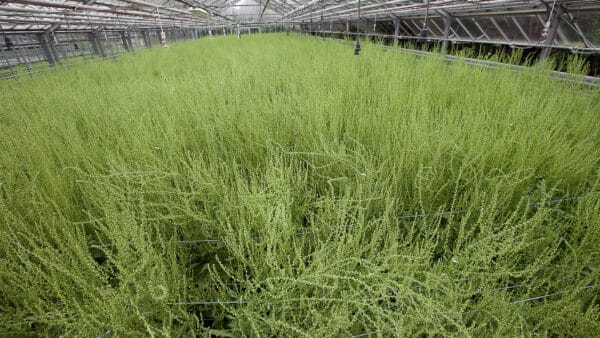A team from the U.S. and Brazil are studying the connections between gene regulation and aluminum tolerance in maize and sorghum
Changing climate patterns are causing acidic soil, which globally threatens agricultural sustainability. The problem extends beyond rising temperatures, with increasing rainfall contributing to more acidic soils. These acidic soils, characterized by low pH levels, are prevalent worldwide, particularly in tropical and sub-tropical regions where food security is a major concern. Experts believe climate change has worsened the issue, leading to aluminum toxicity in soil, which further stresses global agriculture.
To address this challenge, a new collaborative research team from the United States and Brazil has received a $2 million grant from the National Science Foundation (NSF). Their goal is to combat aluminum toxicity by studying the connections between gene regulation and aluminum tolerance in maize and sorghum, with the aim of developing more resilient cereal crops and enhancing food supplies.
Professor Thomas Gingeras from Cold Spring Harbor Laboratory in New York leads the project. He emphasized the urgent need for action.
“The climate is rapidly transitioning into much harsher crop cultivation conditions. Aluminum toxicity damages roots, making crops more susceptible to drought and mineral deficiency, contributing to serious food insecurity worldwide,” he said in a news release announcing the grant funding.
Gingeras said the project builds on evidence showing that quantitative variation in aluminum tolerance in maize and sorghum is influenced by gene regulation at both the genetic and epigenetic levels, over short and long distances. The team combines expertise in cereal crop genetics, genomics and epigenomics technologies, and functional characterization of plant phenotypes to identify and explore genetic variation for adaptation to acidic soils on a multigenic scale.
Collaborating principal investigator Andrea Eveland, from the Donald Danforth Plant Science Center, highlighted their innovative approach.
“We are now in a position to make step changes in crop productivity by making plants more resilient to erratic climate pressures,” he said. “Advances in single-cell genomics and gene editing allow us to harness the genetic diversity within crop species for their improvement.”
The team will use single-cell genomics approaches to analyze how gene networks are re-wired in response to aluminum stress across diverse lines of maize and sorghum. They have implemented an in-house sorghum transformation and gene editing pipeline to validate genetic elements that could enhance resilience on acidic soils.
The project will also train early-career scientists from the United States and Brazil in genomic approaches to address climate change effects. The research team includes researchers from Embrapa maize and sorghum and the New York Genome Center.


